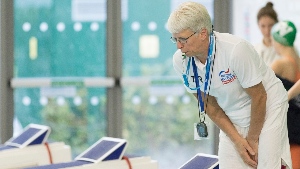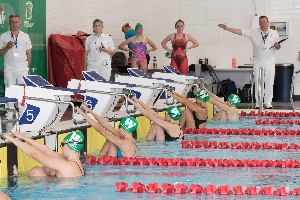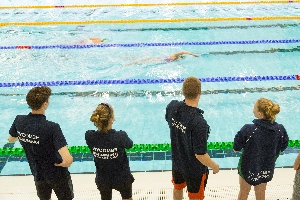Volunteering
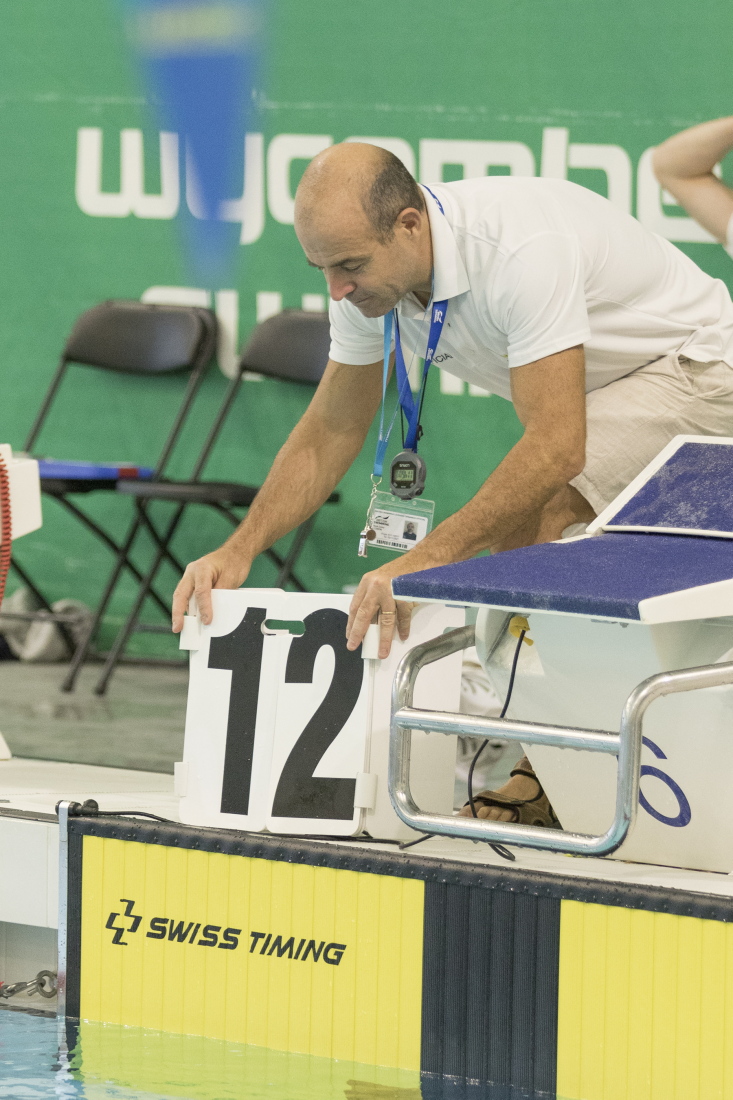 Wycombe District Swimming Club is run by members for its members, and we rely on volunteer support. We have a great army of volunteers, helping in all areas of the club, Committee, Team Manager, Volunteer Coaches, Officials and Open Meet Support Volunteers.
Wycombe District Swimming Club is run by members for its members, and we rely on volunteer support. We have a great army of volunteers, helping in all areas of the club, Committee, Team Manager, Volunteer Coaches, Officials and Open Meet Support Volunteers.
Benefits of Volunteering
Research shows that volunteering has many benefits for you and the community you can find out more at the Sports and Recreation Alliance: and at Sports England.
Volunteering offers lots of rewards.
It makes you happier. People who volunteer in sport often feel a sense of pride and say that their life has a sense of purpose.
You’ll meet new people. Volunteering in sport is a great way to make new friends and connections. As a volunteer at a our club you’re often working as part of a team of volunteers. A shared love of sport often leads to new friendships. You won’t only connect with the other volunteers in the club, but attending meetings and events is a good way to get to know members of other clubs and the wider community too.
It’s a great way to develop new skills. Volunteering can help you to improve current skills or develop new ones. Different roles will offer different opportunities.
Volunteering and Employability
Volunteering in sport can help your employability in general. It’s a great way to develop new skills. It will depend on your role and whether or not you will be given training, but often you will learn things that will be useful in your career. You also meet a lot of new people through volunteering, which can help you build both the social skills and new connections that might lead to paid employment.
If you would like to work in the sports sector, volunteering won’t guarantee you a future job, but it shows a commitment to sport that will help if you’re applying for paid roles. Some roles such as coaching can be paid or unpaid, but you will probably need to start out in a volunteer role even if you do eventually get paid to coach.
Many people find that sports volunteering is a useful stepping stone to a new career or further education.
As you volunteer, you will naturally pick up new skills and, as you develop your role, you may take on more responsibilities. By highlighting these on your CV or in a job application, you can help show your dedication, talent and community spirit to potential employers.
As well as learning skills on the ‘job’, you can also take specialist courses that will benefit you and the club. Popular options include first aid training, coaching qualifications, and officials accreditation. Remember that any experience is valuable, whether paid or voluntary, so it’s important to mention your volunteer work to employers and academic institutions.
Current Roles
Some current roles are listed below, but we are always interested in talking to you about what you can offer the club. Further volunteering can help you gain new skills, meet new people and learn more about the sport. We can provide you with training and resources, you just need to be able to give your time.
